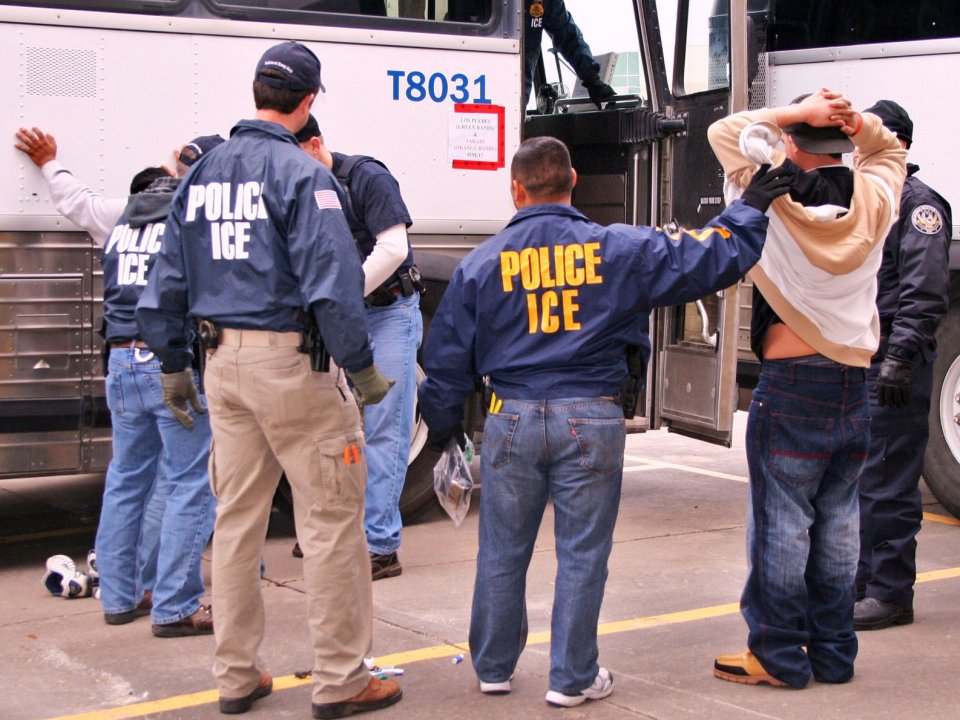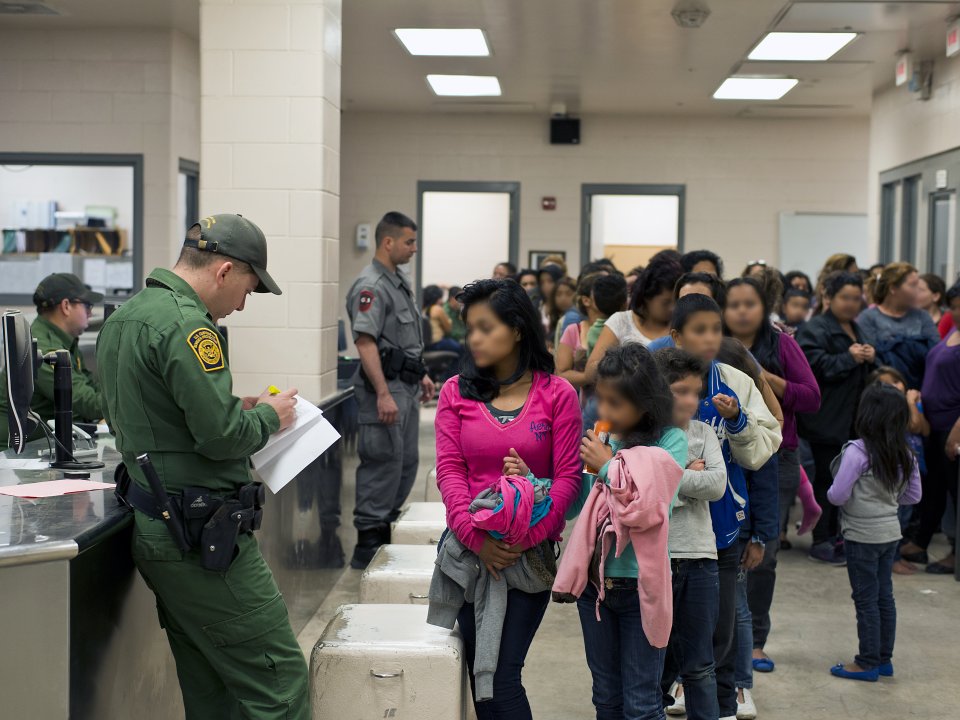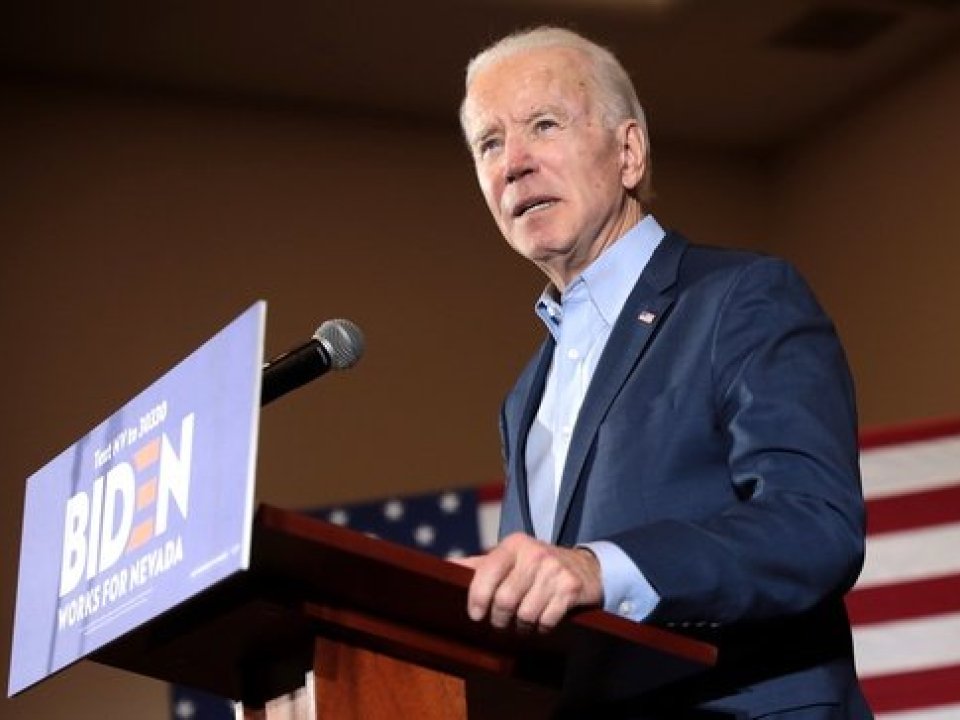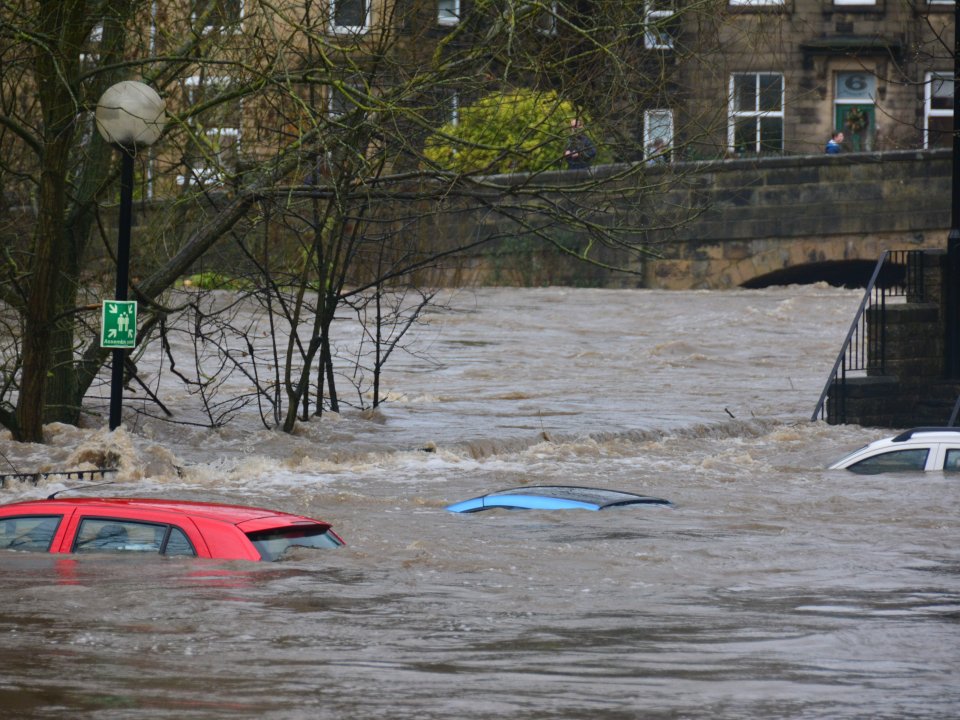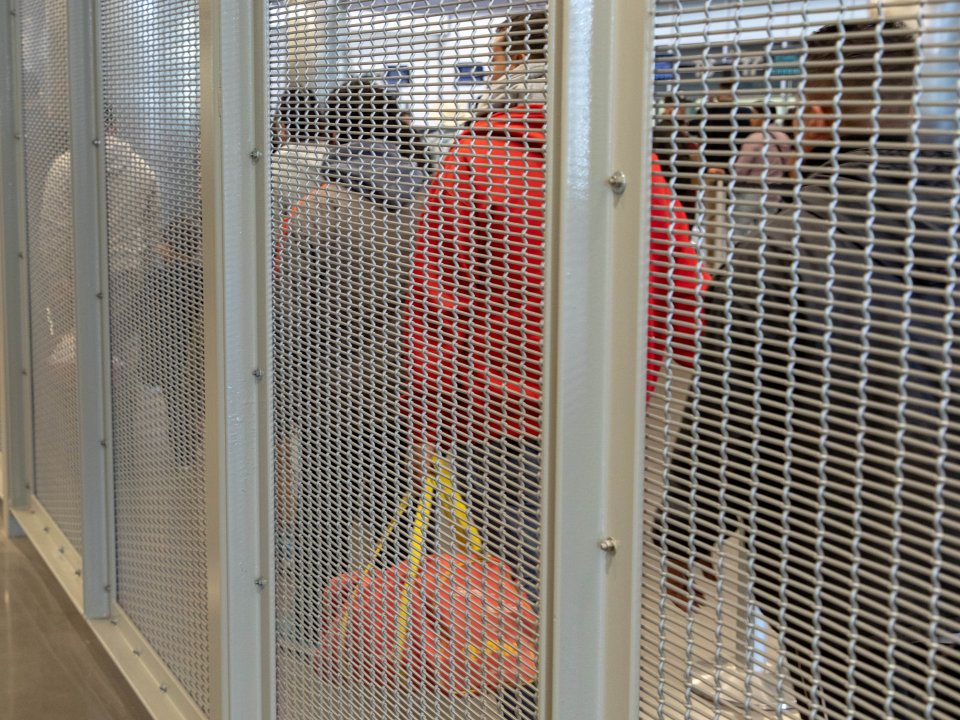News
This opinion piece references comments by Stephen Yale-Loehr, professor of immigration law, noting that “former President Trump emboldened ICE agents to arrest anyone they suspected of being here illegally, even if the person merely overstayed their visa. ICE officials will not want to return to the pre-Trump era, where they were supposed to prioritize deporting immigrants who had serious criminal convictions. That is harder work.”
“This virtual dialogue will be a robust exploration on how we as humanity can better govern our behavior to reduce the likelihood of future pandemics,” said Dr. Steve Osofsky, D.V.M. ’89, the Jay Hyman Professor of Wildlife Health & Health Policy and director of the Cornell Wildlife Health Center. “The experts we’ve assembled will be sharing their ideas on how our global community of nations can hopefully come together to prevent what I fear could otherwise be a cycle of recurring suffering and chaos.”
Ian Kysel, visiting assistant clinical professor of law notes, “that time is lived differently by the asylum-seeker camped out in dangerous conditions on the southern border, the immigrant family waiting in a detention center in the midst of the pandemic, and the deported migrant tens of thousands of miles from their loved ones in the U.S.”
Despite severe, frequent flooding in coastal regions in the Philippines due to climate change, most residents do not consider migration as a short-term solution, according to new Cornell research.
Lindy Williams, professor of global development and a member of the Migrations Lab, profiled two cities in the province of Luzon as they face the risks and consequences of frequent flooding.
“Scheduling deportations is still a matter of discretion for the agency,” says Stephen Yale-Loehr, professor of immigration law.
With each episode, postdoc Eleanor Paynter speaks with experts who highlight how multidisciplinary, multi-species perspectives on migration help us understand key global issues. In season 1, we are broadening our scope of understanding by focusing on highly relevant themes like pandemics, climate, racial justice, and more. Keep an eye out for new episodes, released on the first Monday of every month.
According to a senior research associate at the Cornell Lab of Ornithology, Dr. Andrew Farnsworth, population booms are difficult for habitats to maintain. More lemmings feed more owls, but if a prosperous lemming season is not followed by another with the same productivity, an ecosystem can crash.
“The court’s order shows the uphill battle President Biden has in trying to reverse the prior administration’s immigration restrictions,” says Stephen Yale-Loehr, professor of immigration law. “A single judge can halt a federal agency’s effort to review and reprioritize its immigration enforcement policies.”
Global Public Voices fellow Linda Shi argues that the Biden administration should think beyond lowering emissions, and should designate a deputy advisor for climate adaptation and create a platform for leading experts to inform the development of a national adaptation strategy — one that will help the country prepare for inevitable climate impacts such as forest fires, hurricanes and droughts.
Ian Kysel, visiting assistant clinical professor of law and co-director of the Asylum and Convention Against Torture Appellate Clinic, says, “Going back decades, the U.S. Government has failed to adequately invest in making rights and human dignity the cornerstone of U.S. policy in the region—on migration or otherwise. Human rights are key to addressing the major challenges facing migration.”

